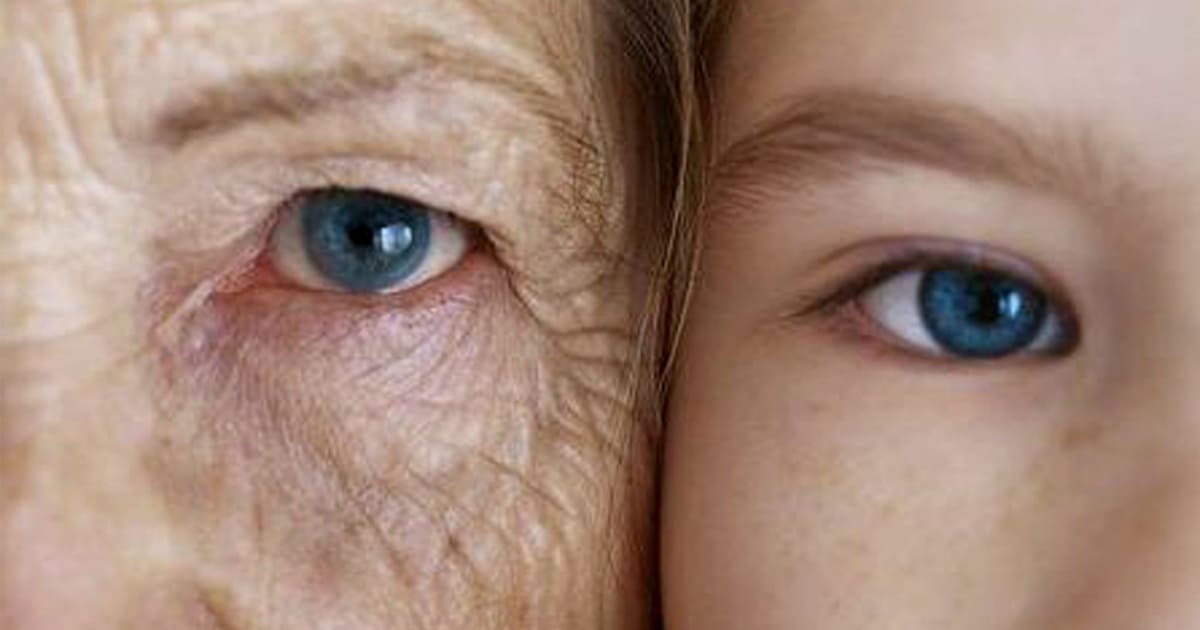
Conclusion
In conclusion, the premature aging observed in Generation Z is a multifaceted issue influenced by stress, poor dietary choices, and sedentary habits. Addressing these factors requires a holistic approach that prioritizes stress management, balanced nutrition, and physical activity. By making conscious lifestyle changes and adopting healthier habits, today’s youth can mitigate the effects of premature aging and promote a more vibrant and healthy future.
The journey to youthful aging involves understanding the underlying causes and taking proactive steps to counteract them. By fostering a culture of wellness and supporting healthier lifestyle choices, we can empower Generation Z to embrace their potential for longevity and vitality. The path to graceful aging starts with the choices we make today, shaping a healthier tomorrow for future generations.
FAQs
1. What are the primary factors contributing to premature aging in Generation Z? Premature aging in Generation Z is primarily caused by chronic stress, unhealthy eating habits such as reliance on fast food, and a sedentary lifestyle. These factors collectively contribute to accelerated aging processes.
2. How does chronic stress affect the aging process? Chronic stress triggers the release of cortisol, which can lead to inflammation and oxidative stress. These factors are associated with cellular aging and can manifest as visible signs of aging, such as wrinkles and decreased skin elasticity.
3. What dietary changes can help prevent premature aging? Adopting a balanced diet that includes a variety of fruits, vegetables, whole grains, and lean proteins can help prevent premature aging. Reducing the intake of fast food, refined sugars, and saturated fats is also beneficial.
4. How can physical activity impact premature aging? Regular physical activity supports cardiovascular health, muscle strength, and metabolic function, all of which help slow the aging process. Exercise also helps manage stress, improve mood, and enhance overall health.
5. What stress management techniques are effective for reducing premature aging? Effective stress management techniques include mindfulness meditation, deep breathing exercises, regular physical activity, and seeking support from mental health professionals. Engaging in relaxing hobbies and maintaining a balanced lifestyle can also help reduce stress levels.






